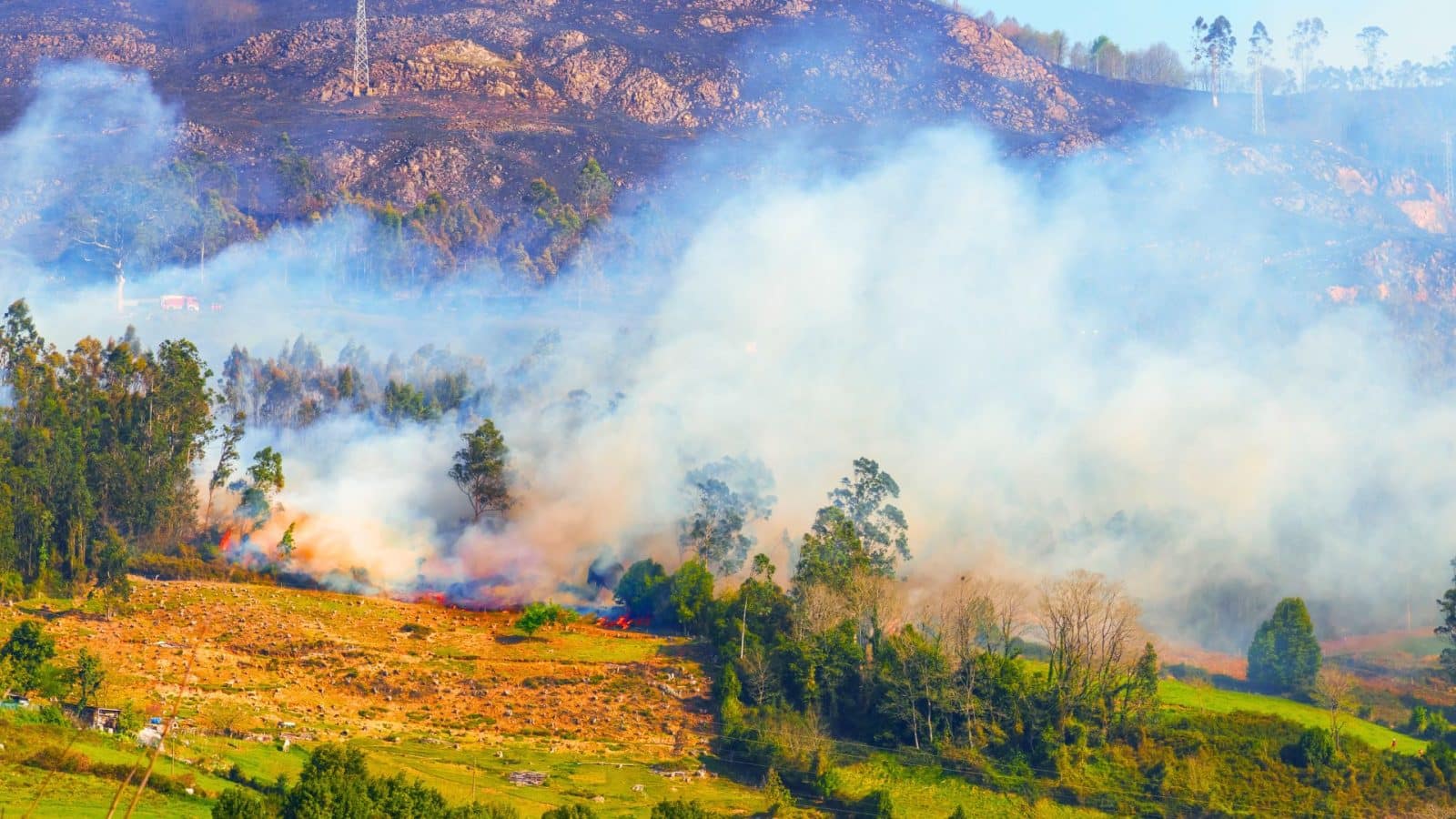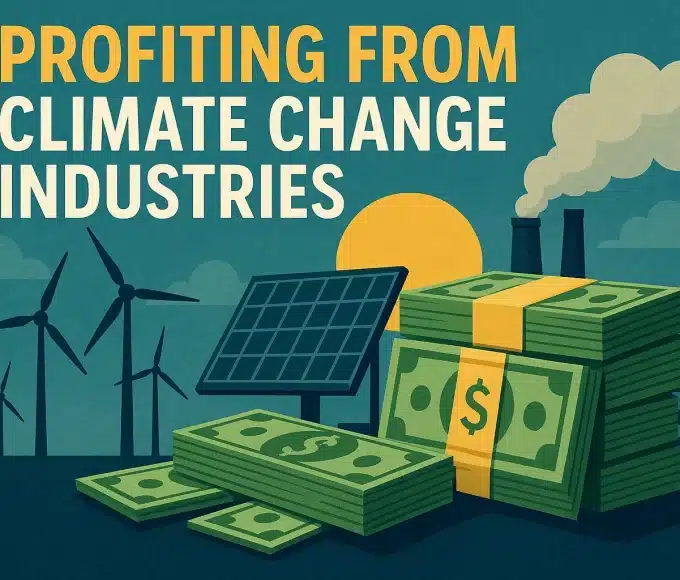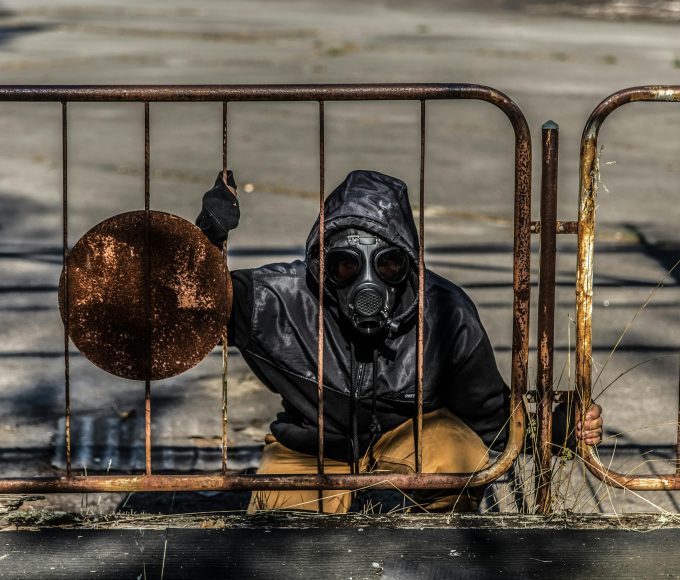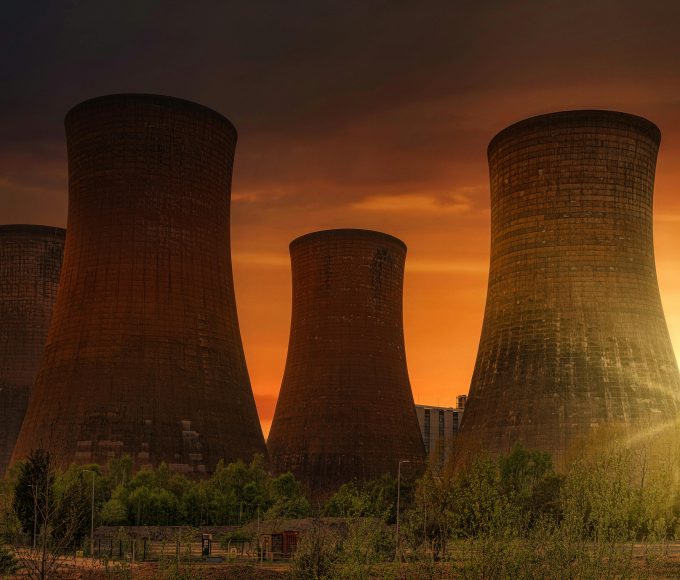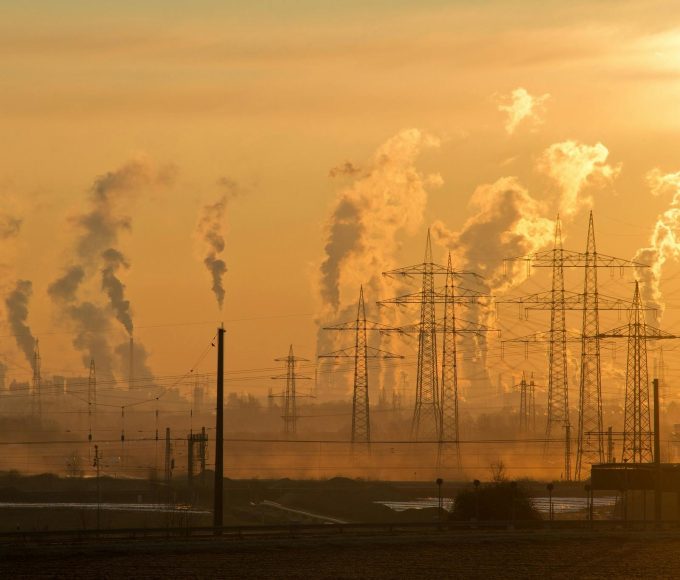Wildfires are a natural part of many ecosystems, playing a role in shaping landscapes and maintaining biodiversity. However, in recent years, the increasing frequency and intensity of wildfires have caused widespread destruction. The impact of wildfires on ecosystems and human communities is profound, affecting everything from wildlife and forests to air quality and local economies. While some ecosystems have adapted to periodic fires, excessive wildfires can lead to irreversible damage, making fire management a crucial issue for both environmentalists and policymakers.
Wildfires and Their Effect on Ecosystems
The impact of wildfires on ecosystems varies depending on the severity and frequency of the fire. Some ecosystems, such as grasslands and certain forests, rely on periodic fires to promote new growth and maintain balance. However, when wildfires become too intense, they can devastate plant life, destroy habitats, and lead to soil degradation.
1. Destruction of Vegetation
Wildfires can burn thousands of acres of forest and grasslands, destroying trees, shrubs, and plants that provide food and shelter for wildlife. Some species depend on fire-resistant vegetation, but in extreme cases, even these plants struggle to recover.
2. Disruption of Wildlife Habitats
Many animals are displaced or killed during wildfires. While some species have adapted to survive fires—such as birds that can fly away or burrowing animals that dig underground—others are not as fortunate. The loss of habitat can force wildlife into unfamiliar territories, increasing competition for resources.
3. Soil Erosion and Water Contamination
After a wildfire, the land is vulnerable to erosion, especially in hilly or mountainous areas. The loss of vegetation means that there are no roots to hold the soil in place, leading to landslides and water runoff. Additionally, ash and debris from fires can contaminate rivers and lakes, affecting aquatic life and drinking water supplies.
The Human Cost of Wildfires
Beyond the natural world, wildfires have devastating consequences for human communities. The loss of homes, infrastructure, and livelihoods can take years to recover from.
1. Threat to Human Lives and Homes
Wildfires can spread rapidly, engulfing entire neighborhoods within hours. Residents often have little time to evacuate, putting lives at serious risk. Many homes and businesses are reduced to ashes, leaving families displaced.
2. Economic and Health Consequences
The financial burden of wildfires is enormous. Local governments must allocate millions of dollars for emergency response, rebuilding efforts, and healthcare. Additionally, the smoke and pollutants from fires can lead to severe respiratory problems, especially for children, the elderly, and individuals with pre-existing conditions.
3. The Role of Firefighters and First Responders
Firefighters are the frontline defenders against wildfires, risking their lives to contain the flames. Both wildland firefighters and urban fire crews work tirelessly to prevent the spread of fire, often in extreme conditions. Communities also rely on volunteer firefighters, who provide essential support during emergencies. Their bravery and dedication are crucial in protecting both people and nature.
Mitigating the Impact of Wildfires
To reduce the impact of wildfires on ecosystems and human settlements, proactive fire management strategies must be implemented.
- Controlled Burns: Prescribed fires help clear out excess vegetation, reducing the likelihood of uncontrollable wildfires.
- Improved Forest Management: Removing dead trees and maintaining healthy forests can minimize fire hazards.
- Community Preparedness: Educating residents on evacuation plans and fire-resistant landscaping can help protect homes.
- Climate Action: Addressing climate change by reducing carbon emissions can help prevent the extreme conditions that fuel wildfires.
The impact of wildfires on ecosystems and human communities is far-reaching, affecting everything from biodiversity to public health. While fire is a natural force that can bring renewal, the increasing severity of wildfires poses a significant challenge. By investing in fire prevention, supporting firefighters, and promoting sustainable land management, we can work toward a future where wildfires remain a part of nature—without becoming a disaster.
Additional Readings: 5 Tips To Prepare Your Commercial Building for Fire Hazards




